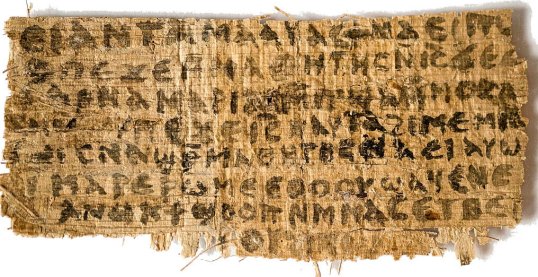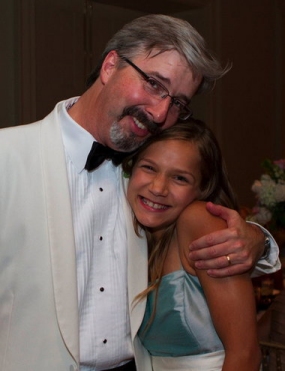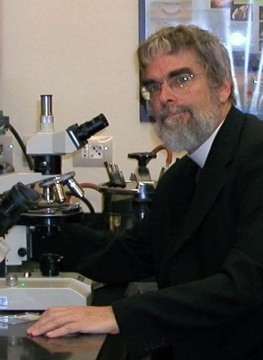
I am in China right now, and I have been here for almost two weeks. However, internet access is sporadic (at best), which is why I haven’t added any articles recently. Things are a bit better today, though, so I thought I would share my thoughts on a story I recently ran across.
On September 18th, 2012 at the International Congress of Coptic Studies in Rome, Dr. Karen L. King announced the existence of an astounding 4-cm by 8-cm papyrus fragment. It contained what she thought was a 4th-century Coptic translation of a gospel that she suggested had probably been written in the late second century AD. While the discovery of any ancient papyrus that has writing on it is interesting, this particular fragment was especially interesting because it contained the following phrase:
Jesus said to them, ‘My wife…”
As a result, this papyrus fragment came to be known as “The Gospel of Jesus’ Wife.”
In a peer-reviewed paper that was later published in the Harvard Theological Review, Dr. King presented the results of several tests that had been done on the papyrus fragment. Those tests led her to conclude that it was from the 8th century AD and was not a forgery. In the same issue of the journal, however, another scholar wrote an article concluding that the papyrus was a forgery. The Vatican weighed in as well, dismissing the fragment as a “clumsy forgery.”
Since then, there has been a lot of discussion about the papyrus fragment, and a website was set up to provide all of the latest information about it. Based on subsequent tests done on the fragment and its ink, Dr. King became so convinced that the fragment is authentic that she told Time:
I’m basically hoping that we can move past the issue of forgery to questions about the significance of this fragment for the history of Christianity, for thinking about questions like, ‘Why does Jesus being married, or not, even matter? Why is it that people had such an incredible reaction to this?’









